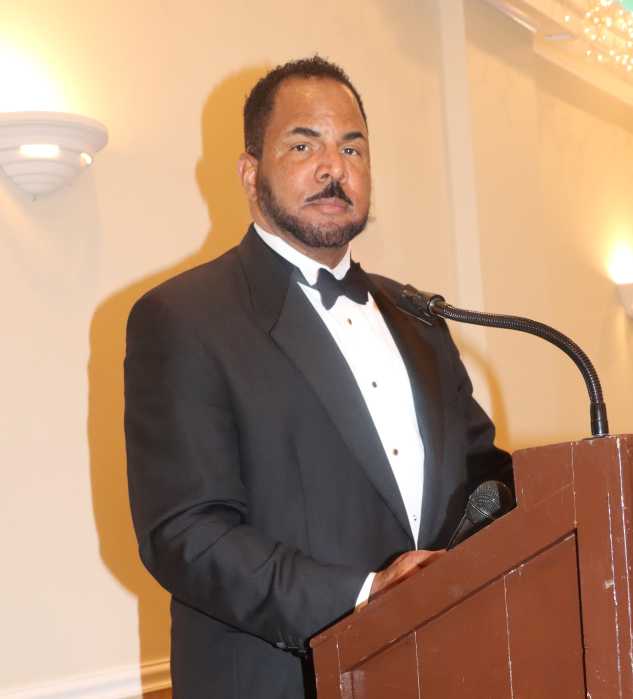Nearly a quarter of a billion dollars that Guyana expects to get from Norway for preserving its large acreage of rainforest will help fund projects and push the Caribbean Community nation into being one the world’s few carbon positive nations, its head of state has said.
Speaking at a midnight flag-raising ceremony marking 45 years of independence from Britain late last week, President Bharrat Jagdeo said that Guyana will use much of the $250M in funds it will get from Norway by 2015 to make the country less dependent on fossil fuels and one that is a minimal polluter.
“We are leading the world in working out how to maintain the vast majority of our forest as a priceless global asset while at the same time advancing the legitimate development aspirations of those who depend on it,” he said.
He said Norway recently paid over $40M to Guyana for eight million tonnes of Carbon in ”one of the largest transactions of its kind anywhere in the world,” as the former British colony tries to develop an economy powered by clean energy with minimal pollution levels.
He mentioned a highly controversial $700M, 165-megawatt hydro power project in central-west Guyana that should come on stream by 2015 and being developed by a political supporter of the ruling party as being set up to provide cheaper and cleaner energy to the national electricity grid system that uses fossil fuels almost exclusively.
He also announced plans to convert two large areas of the country near Venezuela and Brazil into protected national parks, putting up to 12 percent of the country into that category, in addition to efforts to preserve most of the standing rainforest to minimize global climate change, arguing that “few countries in the world can match this record” for contributing as much to global efforts to fight climate change.
Opposition parties and rights groups, including native Indian collectives, have been mounting a strong lobby against Norway handing over the money to a regime that is regarded as one of the most corrupt in the 15-nation Caribbean trade bloc where financial oversight regulations are largely ignored and where opposition criticisms are routinely dismissed as irrelevant.
Representatives have traveled to Norway to make their case, have supplied documentary evidence of routine government practices and have urged Norway to hold back until either a new government is formed after general elections expected in the fall or until adequate safeguards are in place.


























